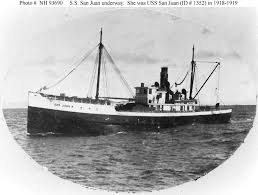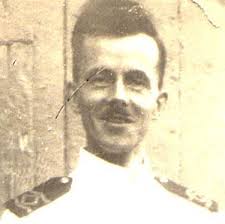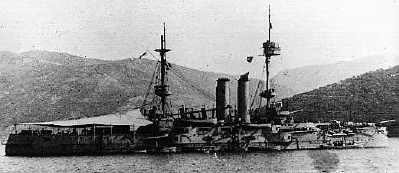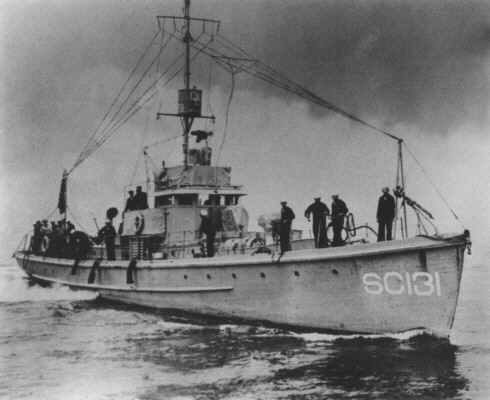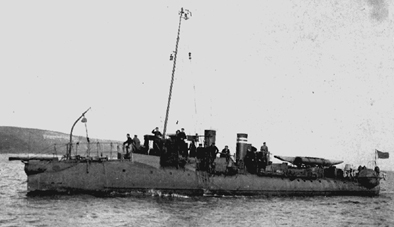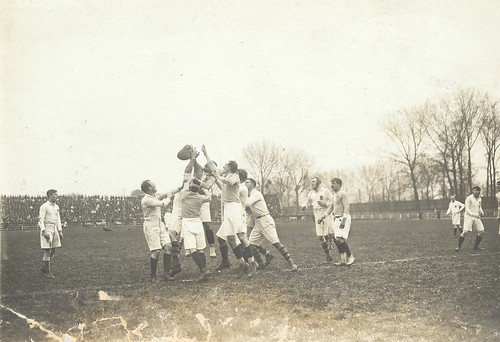Thanks, Pete...
...But 'Virago' and 'Sapphire' are mid-19th century warships with masts, sails and auxiliary steam engines.
HMS Virago was a 1669 ton,
Royal Navy 6 gun 1st class
paddle sloop launched on 25 July 1842 from
Chatham Dockyard.
[1]
She was sent to the
Mediterranean Station arriving in November 1843 serving until 1847. Upon returning to
England, she was placed into reserve. In 1851 she was sent to the
Pacific Station. Under the command of Commander
Willam Stewart, she participated with the assistance of two
Chilean ships:
Indefatigable and
Meteoro in the recapture of
Punta Arenas in the
Strait of Magellan, which had been subject to a mutiny.
[2].
She took part in the
siege of Petropavlovsk during the
Crimean War in August–September 1854. She also undertook survey work along the Canadian Pacific coast. She returned to England in 1855 and was part of the
Channel Squadron and then
West Indies Station. She was then sent to the
Australia Station arriving in May 1867. She undertook survey work of the
Great Barrier Reef, the
Queensland coast,
Norfolk Island and the coast of
New Zealand. While in New Zealand she helped repair
HMS Clio, which had run aground in the
Bligh Sound.
Returning to England on 28 June 1871 and upon arrival was laid up at Sheerness. She was scrapped at Chatham Dockyard.
'HMS Sapphire' screw corvette (top picture is sister HMS Amethyst, given the bum's rush by Huascar). Built 1873-4. 14 64-pounder rifled cannon, designed also with spar torpedo. 1970 tons.

'HMS Sapphire' deck view :
 'HMS Ardent'
'HMS Ardent', launched 1894, torpedo boat destroyer,
Class and type:
Ardent-class destroyerDisplacement:265
long tons (269
t)Length:200 ft (61 m)Propulsion:
Triple expansion steam engines
Coal-fired
water-tube boilersSpeed:27
knots (50
km/h; 31
mph)Complement:53Armament:• 1 ×
12-pounder gun
• 5 ×
6-pounder guns
• 2 × 18 in (457 mm)
torpedo tubes
http://en.wikipedia.org/wiki/HMS_Ardent_(1894)

Hope you like them - they genuinely existed.
The torpedo boat in Beagle Channel that confronts 'Leipzig' is the FTB-2, sister of the FTB-1 and FTB-3 used off Punto Arenas. My invention/Morgan's. Similar to those PT boats of WW2.
Ivor Brown would never have had tropical whites - but he will have seen service off Punto Arenas in 1903. Maybe it's his cadet photo from Ushuaia Academy, taken aboard 'Virago'?
HMS Canopus...
http://en.wikipedia.org/wiki/HMS_Canopus_(1897) run aground off Port Stanley as guardship. If von Spee had only ignored her, Sturdee's squadron would have been caught in Port Stanley coaling. A demmed close-run thing, sir!

Keep reading and I'll keep writing - love the rugger match!




